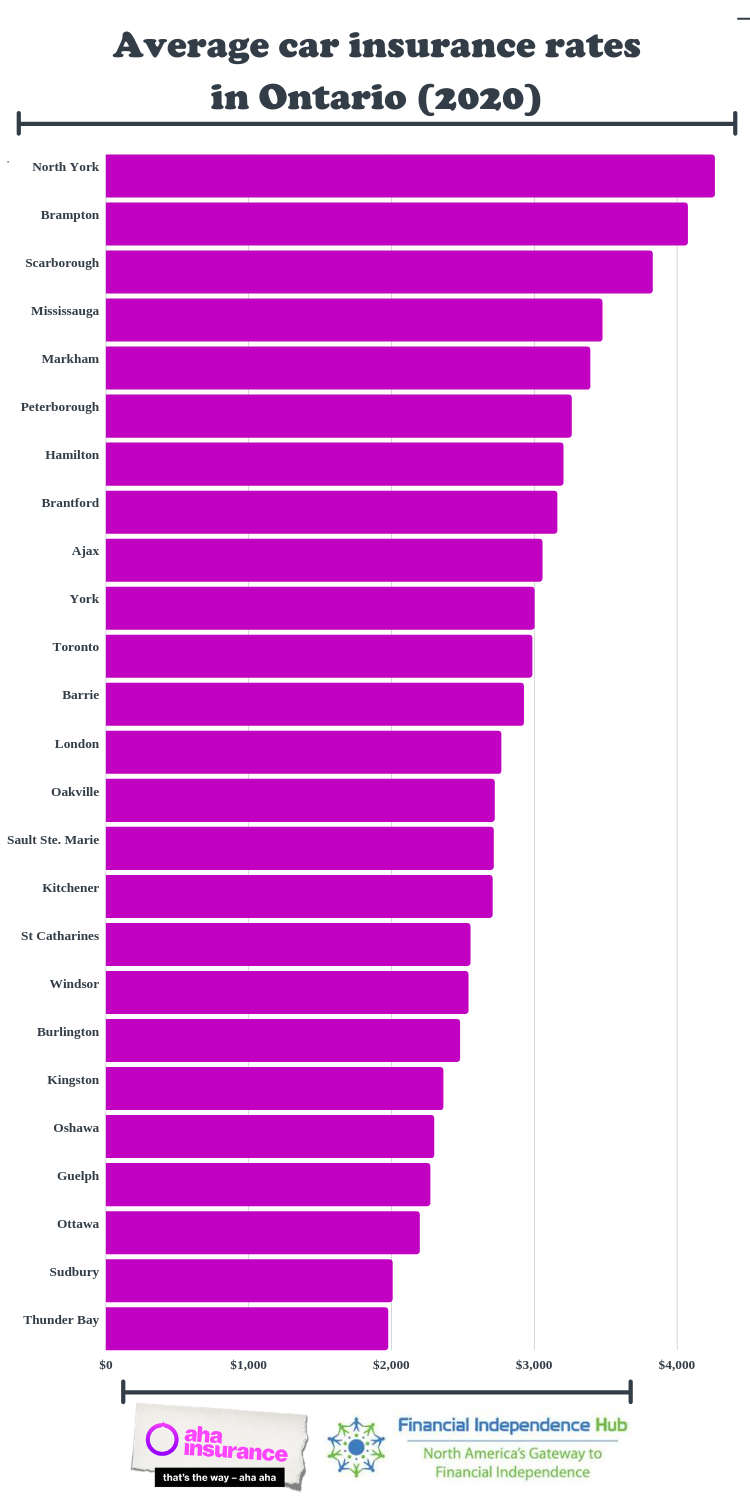By Mikayla St. Clair
Special to the Financial Independence Hub
There are tons of financial scams aimed at taking advantage of senior citizens. One of the key reasons the elderly are targeted for scams is that many of them grew up when deals were made and based on a person’s word and character. A handshake, many years ago, was enough to trust someone. Many elderly and senior citizens grew up in an era when people were more trustworthy, and scams like financial fraud were not as prevalent as today. There are other reasons why the elderly are targets for financial fraud, and understanding how thieves go about stealing from senior citizens will go a long way in prevention. Here are eight ways to protect seniors from financial fraud.
1.) Shred sensitive documents
A good shredder can go a long way in preventing financial fraud, but it only works if you use it. Many people fail to shred sensitive documents and simply throw them in the trash. Thieves aren’t above going through your trash in hopes of gaining your social security number and other information they can use to open fraudulent accounts or gain access to accounts already open. Shredding the personal documents of seniors helps to prevent others from gaining access to their sensitive information and creating fraudulent accounts in the senior’s name.
2.) Check Credit reports regularly
It’s essential to check the credit reports of older adults under your care. Credit reports should be reviewed twice a year or annually at a minimum. Look for any errors, suspicious charges, or accounts that you don’t recognize. Correct these errors immediately and close any unauthorized accounts. Using a professional credit monitoring service to monitor a senior loved one’s credit is also an excellent way to protect the elderly from financial fraud.
3.) Be cautious of new relationships, friends, and family
Seniors can be more trusting than younger people, especially if they are lonely. Many thieves and fraudsters use loneliness as an entry-point into senior’s life to gain access to financial information or trick them into giving them money. It’s also important to be cautious of friends and family members who may have an addiction or severe financial problems. Sadly, many cases of financial fraud against the elderly are committed by a family member or friend.
4.) Use a Power of Attorney if necessary
In some instances, it may be necessary to take full control of a senior’s finances through a financial power of attorney. A financial power of attorney may be necessary when a person has a mental condition such as dementia or Alzheimer’s. Seniors with these disabilities are often targets because of their health.
A financial power of attorney can give you full control of a person’s finances. If the senior is a family member, discuss the matter with others in the family to determine the best choice for managing the person’s financing.
5.) Watch for changes in Spending
Keep an eye on the spending habits of any older adult in your care. Continue Reading…








